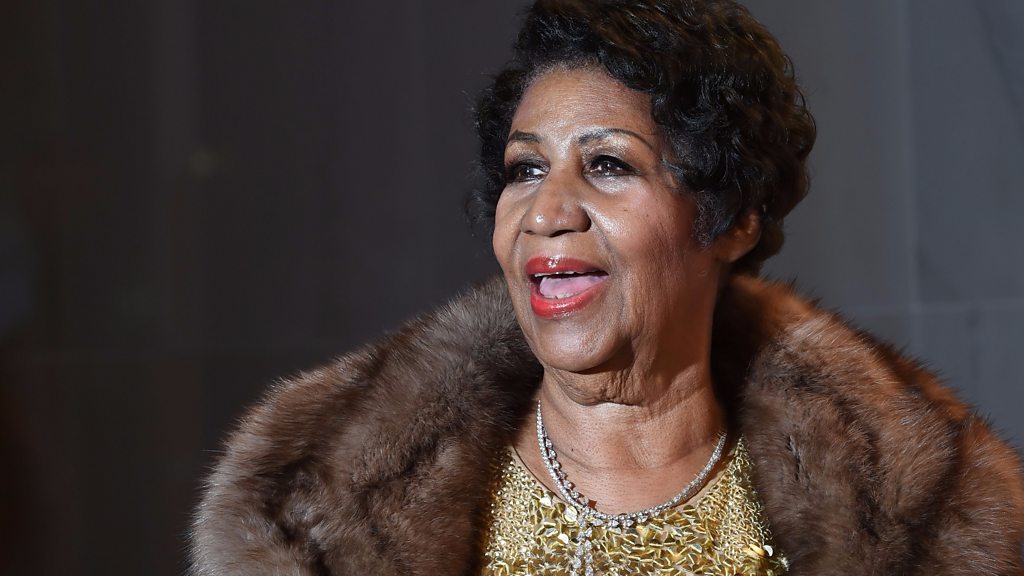A voice that moved nations and a legacy that shaped generations—Aretha Franklin was more than a singer. She was the Queen of Soul, a musical powerhouse, and a symbol of cultural and social progress.
From Gospel Roots to Global Recognition
Born March 25, 1942, in Memphis, Tennessee, and raised in Detroit, Aretha Louise Franklin was immersed in music and activism from an early age. Her father, C.L. Franklin, was a renowned preacher and civil rights advocate, and his church became the foundation for her unparalleled vocal talent.
Franklin began performing gospel music publicly at just 10 years old. By the age of 18, she had signed with Columbia Records, releasing jazz and pop-inspired albums. However, it was her move to Atlantic Records in 1967 that truly launched her into superstardom.
A Voice That Defined an Era
Her breakout hit, “Respect”, originally written and recorded by Otis Redding, was transformed by Franklin into a cultural anthem—demanding dignity, equality, and power for both women and Black Americans. The song became a rallying cry during the civil rights movement and earned her two Grammy Awards.
Following “Respect,” Franklin released a stream of hits that solidified her place in music history:
- “Think”
- “Chain of Fools”
- “I Say a Little Prayer”
- “(You Make Me Feel Like) A Natural Woman”
Her ability to blend gospel passion with soul, R&B, and pop sensibilities created a sound that was distinctly her own—and universally resonant.
An Artist in Evolution
While remaining true to her roots, Aretha Franklin consistently evolved with the times. In the ’70s and ’80s, she expanded her range through pop and disco influences, even topping charts with the 1987 duet “I Knew You Were Waiting (For Me)” with George Michael.
Over her career, she earned:
- 18 Grammy Awards
- The Grammy Lifetime Achievement Award
- The distinction of being the first woman inducted into the Rock & Roll Hall of Fame in 1987
A Legacy Beyond the Stage
Franklin’s legacy extends well beyond music. She was a staunch civil rights advocate, often using her platform to support causes that uplifted the Black community and women. She performed at the inaugurations of Presidents Jimmy Carter, Bill Clinton, and Barack Obama, and received the Presidential Medal of Freedom in 2005, the highest civilian honor in the United States.
Final Performances and Enduring Influence
Aretha Franklin’s final public performance, in 2017 at an Elton John AIDS Foundation benefit, demonstrated that her voice still carried the emotional power that defined her career.
She passed away on August 16, 2018, at age 76, due to pancreatic cancer. Her death marked the end of a monumental era in music, but her influence lives on in countless artists and movements.
The 2021 biopic “Respect,” starring Jennifer Hudson, introduced her story to a new generation—further cementing her status as one of the most iconic figures in music and cultural history.
Conclusion
Aretha Franklin didn’t just sing—she spoke to the soul of a nation. Her voice echoed across concert halls and protest marches alike. Through triumph and tribulation, she remained a symbol of power, grace, and authenticity.
In redefining what it meant to be a woman, an artist, and an activist, Aretha Franklin earned something far more enduring than fame—she earned respect.









